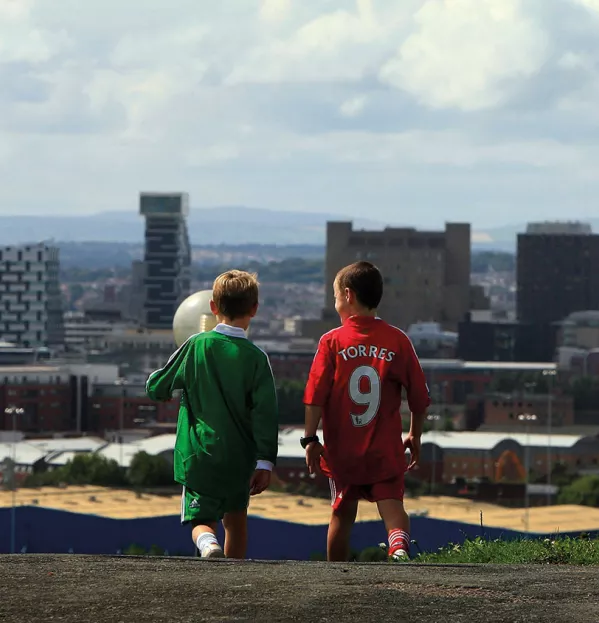More than a quarter of the athletes who compete on behalf of Team GB are graduates of private schools - very few attended our poorest schools. No one should be surprised. It’s not easy to be a future Olympian when your school is located in one of the poorest parts of town.
I know this from teaching in a community school in one of our most deprived areas. Sports fields are frequently vandalised and left unsafe, with the presence all sorts of dangerous substances and implements. On one occasion, the girls in my tutor group couldn’t be persuaded to return to the field after one of them landed on a dead dog that had been rather unceremoniously buried in the sandpit at the end of the long jump.
Timings for track races are frequently distorted by runners having to make unscheduled detours to avoid local residents crossing the track. A clearly marked circuit and a vandalised fence prove to be no deterrents to homeward-bound shoppers.
So poverty prevents many sports fields from becoming training grounds for elite athletes. It’s the same with the Duke of Edinburgh’s Award Scheme, which succeeds, in a quite brilliant way, in encouraging many teenagers to get involved in physical pursuits such as hill-walking. The bronze award involves undertaking regular physical activity as well as a two-day hike. It’s an excellent scheme, but take-up is disappointingly low in most poorer areas.
It’s not easy to be a future Olympian when your school is located in one of the poorest parts of town
And yet our disadvantaged communities would benefit more than most from participation in sport and fitness programmes. Some 210,000 children are living in poverty in Scotland and, according to the Royal College of Paediatrics and Child Health, more than one in five children in England, Scotland and Wales are overweight or obese as early as P1.
And, even in our supposedly developed country, there are many children who die each year from conditions that are potentially avoidable. It’s undeniably an appalling situation.
Child health and fitness levels in Scotland are now among the lowest in Europe, and the health and fitness gap between rich and poor is wider here than in most other comparable countries.
Medical experts report that physical inactivity is killing more people than smoking ever did.
And there are few signs of improvement. The intention of the Glasgow 2014 Commonwealth Games, for example, was to inspire more young people to get involved in sport. But figures indicate a slight drop in physical activity in the short time since the games ended.
Participation in sport and fitness programmes can improve and transform the health and wellbeing of young people. Physical fitness also has a positive impact on academic attainment, with regular exercise linked to better thinking and memory.
There are also numerous new sports-based careers for young people to take up - but too many pupils from our poorer areas are missing out, in all sorts of ways.
John Greenlees is a secondary teacher in Scotland
